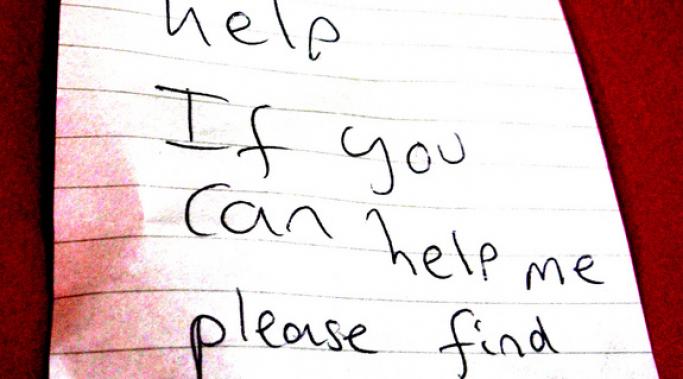I am living with dissociative identity disorder and I can't just "get over it." Would you tell someone with diabetes to "just get over it?" Dissociative identity disorder (DID) and other mental illnesses are illnesses. They all have causes, treatments, and greatly affect the individuals that have them. Mental illness is not a choice. It cannot be switched off and on at will. No one can wake up and decide they aren't going to be mentally ill that day. So why do some people expect those with mental illnesses like DID to just get over it?
DID Treatment
Mental illnesses are complex. Symptoms can be misinterpreted, resulting in a misdiagnosis. This is understandable, given that different disorders often share some similar symptoms. In cases of dissociative identity disorder (DID), there is often confusion between bipolar disorder and DID symptoms. While bipolar disorder and DID each have unique symptoms, there is some symptom overlap. It is important to recognize the differences in symptoms, as these disorders have different causes and treatments.
Creating alters (alternate personalities) in dissociative identity disorder (DID) is a helpful way to deal with different personalities. I don't know exactly how to tell someone to create an alter, but it seems that when there is a need for one, it will come to be. One such time was with my little girl alter. Her name is Colette, and she is five years old. Colette taught me about creating alters with dissociative identity disorder.
In dissociative identity disorder (DID), communication between alters (alternate personalities) is the key to a person’s well-being. With DID, a person may have one or many alters, all working together to form the whole of who the person is. I have formed a couple of ways of working with my alters to create communication within dissociative identity disorder between alters.
Alters (alternate personalities) are something people with dissociative identity disorder (DID) may have. Alters are separate identities. Some of these alters may communicate with each other and some of them may not. When I was first diagnosed with DID, my alters did not communicate with each other at all. I was only aware of the current personality state that I was in. I wasn't aware of any other alters in my dissociative identity disorder.
Drug and alcohol addiction are very common. People who struggle with mental disorders may also face substance addiction in their lives. Personally, I tried using drugs to cope with my dissociative identity disorder (DID) and extreme feelings. The drugs numbed the pain and calmed my anxiety, for a while. What I didn't realize is that drug addiction can be just as painful as mental illness and that using drugs, eventually, makes mental illness much worse.
Many people have experiences with dissociation, and at its most extreme, one may be diagnosed with dissociative identity disorder (DID). Sometimes dissociation is a pleasant alternative to dealing with the anxiety or fear that triggered it. Other times, however, dissociation itself may be very scary and cause anxiety. One tool for coping with frightening dissociation is to use a safe object.
Living with dissociative identity disorder (DID) can be a perplexing reality. There are many symptoms, including depersonalization and derealization. One symptom involves “losing time” or “blacking out” for periods of time. This happens with no drugs or alcohol in the system. It is scary to realize that you've lost time, and sometimes the person may not realize it at all.
After a recent experience with state-dependent memory recall got me questioning the heavy focus on internal communication in Dissociative Identity Disorder treatment, I decided to ask readers of my personal blog how they learn about their systems. 63% of responders cited feedback from external others along with internal communication as the primary ways they gain insight into their DID systems. Only 9% cited internal communication alone. [See poll.] And yet in the six years since my diagnosis, I’ve never heard anyone who treats or has DID recommend engaging in the outside world as a path to self-discovery. In fact, I’ve heard the opposite: no one will understand Dissociative Identity Disorder but us; talk to yourself and to us, and no one else.
Recently I heard a familiar story from someone struggling to understand her dissociative disorder but unable to get any direct answers or explanations from her therapist, who is exercising caution because she doesn't want to reinforce the dissociation. While this is an understandable and common concern for clinicians treating Dissociative Identity Disorder, there is a vast difference between psychoeducation and fostering further fragmentation. When you refuse to fully invest in the former you leave your clients ripe for the latter. If for no other reason than that, Dissociative Identity Disorder treatment must include psychoeducation.



